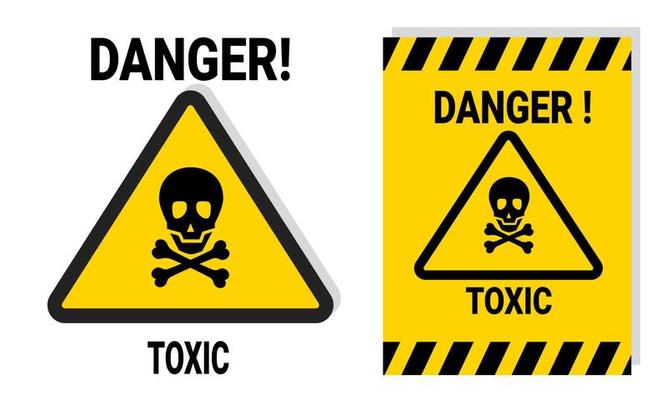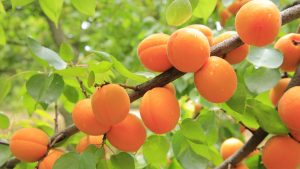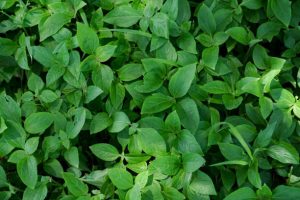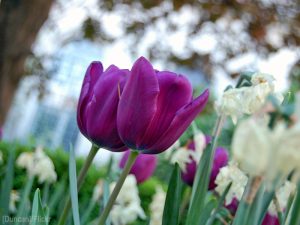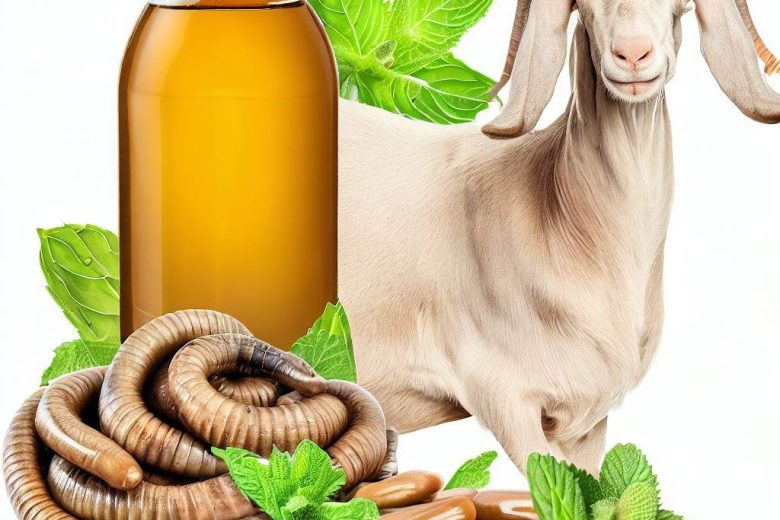Absolutely, providing chickens with free-range access can be beneficial for their overall well-being and natural behaviors.
However, it’s crucial to ensure that the environment they roam in is free from toxic plants that could pose a danger to their health.
In this article we will be looking at 18 Toxic Plants Your Chickens Must Avoid. Some of this plants already exist in their environment and some are not yet.
18 Toxic Plants Your Chickens Must Avoid
Here are some common toxic plants that chickens should avoid, and steps you can take to remove them from the environment:
Azaleas and Rhododendrons:
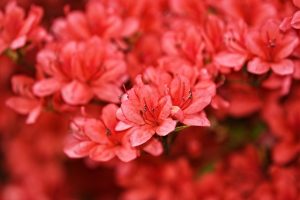
These ornamental shrubs contain toxins called grayanotoxins, which can cause symptoms such as vomiting, diarrhea, and weakness in chickens if ingested. Remove these plants from areas accessible to your chickens.
Lily of the Valley:
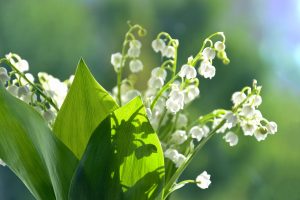
This fragrant flowering plant contains cardiac glycosides, which can lead to symptoms like vomiting, diarrhea, and cardiac arrhythmias in chickens. Remove any lily of the valley plants from your chicken’s environment.
Nightshade Plants (e.g., Deadly Nightshade, Black Nightshade):
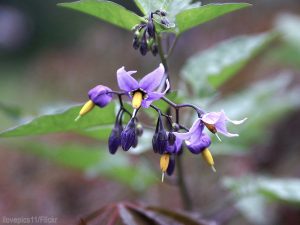
Nightshade plants contain toxic compounds such as solanine and glycoalkaloids, which can cause gastrointestinal upset, neurological symptoms, and even death in chickens. Remove these plants from areas where your chickens roam.
Yew:
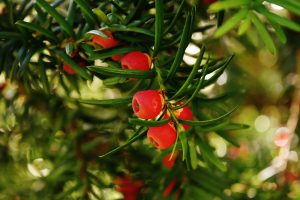
Yew trees and shrubs contain a toxin called taxine, which can cause symptoms like vomiting, diarrhea, difficulty breathing, and even death in chickens. Remove any yew plants from your chicken’s environment.
Pokeweed:
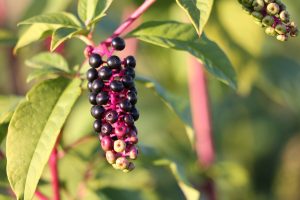
Pokeweed contains toxins called saponins and alkaloids, which can cause symptoms like gastrointestinal upset, weakness, and respiratory distress in chickens. Remove pokeweed plants from areas accessible to your chickens.
Foxglove:
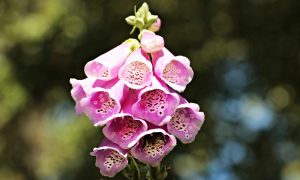
Foxglove plants contain cardiac glycosides, which can cause symptoms such as vomiting, diarrhea, and cardiac arrhythmias in chickens. Remove foxglove plants from your chicken’s environment.
Castor Bean:
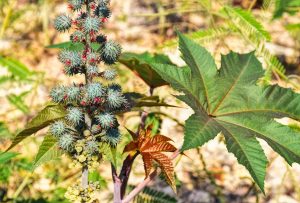
The seeds of the castor bean plant contain ricin, a highly toxic protein that can cause severe gastrointestinal symptoms and organ failure in chickens. Remove castor bean plants from areas where your chickens roam.
Oleander:
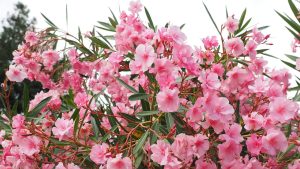
Oleander plants contain toxins called cardiac glycosides, which can cause symptoms like vomiting, diarrhea, and cardiac arrhythmias in chickens. Remove oleander plants from your chicken’s environment.
Can chickens eat poison Ivy?
In Conclusion
